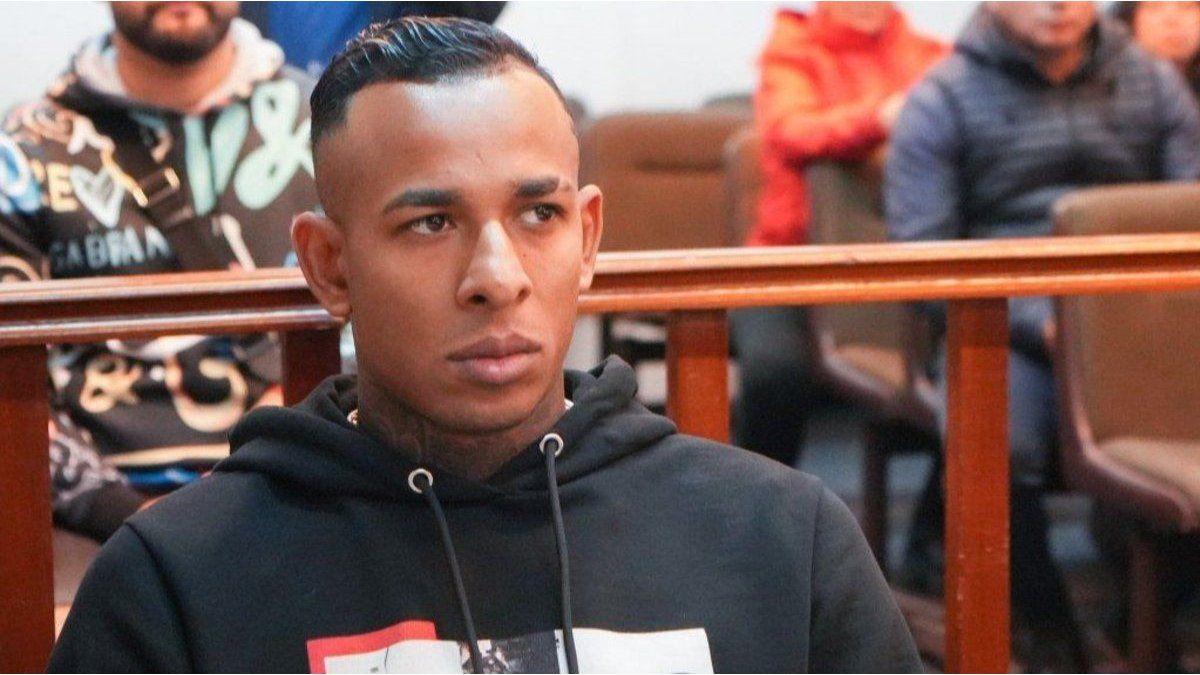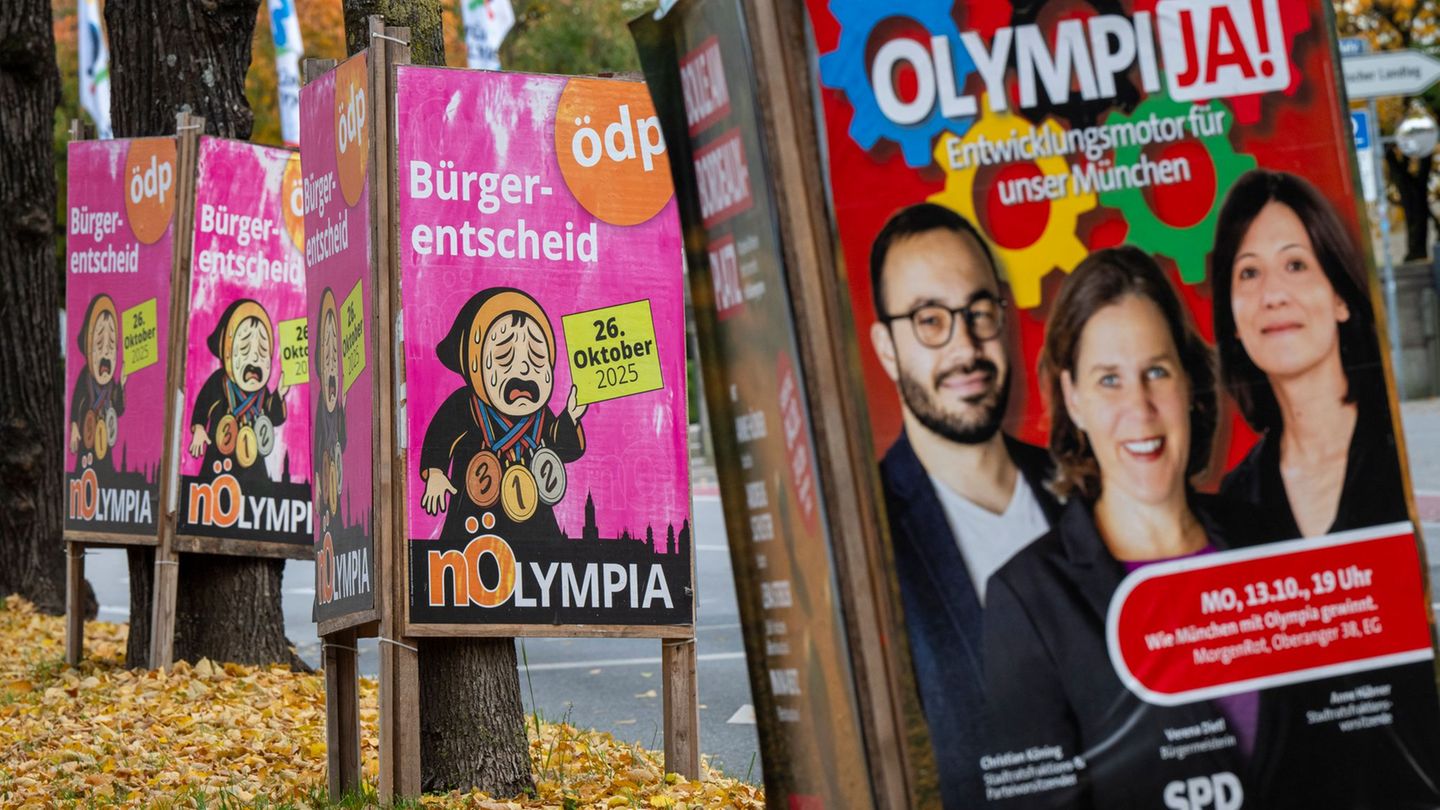That brothers be united is not an apothegm of inescapable fulfillment. Since the time of Cain and Abel, there have been fraternal differences that are difficult to settle but in the case of José Hernández, author of this phrase, the relationship with his brother Rafael marked his life with moving signs of deep affection, like the time he went to look for him to save him during the siege of Paysandú.
In Argentine History, there were prominent figures who had brothers who were less remembered in academic texts but, not for that reason, less valuable. One of the most notable examples is perhaps that of Manuel Moreno, brother of the famous but fleeting hero of May. Manuel was present at the time of Mariano’s tragic death at sea.
Manuel was a doctor and diplomat, founder of the Federal Party. In 1817, he was expelled from the country by the director Martín de Pueyrredón, along with Manuel Dorrego. During his exile in the United States, he studied medicine at the University of Maryland. Returning to the country, he was a chemistry professor at the Faculty of Medicine while writing articles critical of the Rivadavia administration. Beginning in 1828, he held the post of ambassador to England, for a time to the United States, and finally, once more, to England where he concluded his diplomatic activity. His accurate actions during the Malvinas incident laid the foundations of the claim to Great Britain for the seizure of said archipelago. He passed away in 1857 leaving behind an interesting archive on the early years of our life as a nation.
The multifaceted Juan Jose Step He had the support of his two brothers, Francisco and Ildefonso, prominent Buenos Aires merchants who also participated in the Cabildo abierto on May 22, 1810. They held different public positions until 1815, the date on which they returned to private activity.
Manuel Belgrano He had several brothers who in their time achieved a certain notoriety. One of them was Colonel Carlos José Belgrano (1761-1814), who lived with his brother in Spain. Returning to the country, he adhered to the patriotic deed and served as commander of the garrison of San Fernando and Villa de Luján.
The other brothers of Belgrano were: Domingo Estanislao Belgrano (1768-1826) was ordained a priest and as such had an outstanding performance during the English invasions, offering assistance and spiritual support to the defenders of Buenos Aires. He participated in the Cabildo abierto on May 22. He contributed with his books for the creation of the National Library and with his goods in order to support the armies of the country.
Francisco (1771-1824) also participated actively during the English invasions, he was substitute member of the First Triumvirate and mayor of the Cabildo of 1815.
Joaquín Cayetano (1773-1848) also attended the Cabildo of May 22, was mayor of the Cabildo, prior of the Consulate, deputy in the Constituent Congress of 1826, commander of militias, justice of the peace of Monserrat and tertiary member of the Order of Saint Sunday.
Miguel (1777-1825) was a soldier in Spain where he also displayed his poetic vein to describe the defense of Buenos Aires. When he returned to the country, he sang the triumphs of Chacabuco and Maipú, highlighting the leadership of General San Martín, of whom he was a great admirer.
Don Manuel also had five sisters: María Florencia (1758-1777), María Josefa Anastasia (1767-1834), María del Rosario (1775-1816), Juana María (1776-1815) and Juana Francisca Josefa (1779-1835).
Jose de San Martin he had three brothers who became high-ranking officers in the Spanish army, as well as a sister who also married a former officer. His older brother, Tadeo, was very critical of his younger brother’s decision to embrace the patriotic cause.
The brothers of Rosas, Miter and Roca
Juan Manuel de Rosas he had several brothers and sisters who did not always coincide with the Restorer. Gervasio (1801-1857) did not adhere to the policies of Don Juan Manuel, to the point of being invited to act together with the revolutionaries grouped in the Free of the South. Although he did not participate in the battle of Chascomús, his brother Prudencio (1800-1857), loyal to don Juan Manuel, ordered the capture of Gervasio, who remained under house arrest. In 1842, he returned to Buenos Aires after a brief stay in Montevideo, where everyone considered him a spy under the orders of Juan Manuel. Prudencio was forced to leave the country after Caseros. He lived comfortably in Seville the rest of his days.
Of Rosas’s sisters, Mercedes (1810-1870) and Agustina (1816-1898), the Restorer had a marked preference for the latter. Agustina was married to Lucio Norberto Mansilla and was the mother of Lucio Victorio Mansilla, a famous general and writer, as well as Eduarda Mansilla, one of the first Argentine chroniclers, who married Manuel Rafael García Aguirre, a member of a prominent Unitarian family. This marriage between members of two families in the political antipodes was highly commented at the time.
Obviously, it is impossible to enumerate in a text of this nature all the brothers of the notable characters in Argentine history, but allow me to mention the brothers of the general Bartholomew Miter (1822-1906), who also embraced a career in arms. General Emilio Máximo (1824-1893) had an extensive performance during the civil wars in Uruguay, the war of the Triple Alliance, the uprising of López Jordán and the campaigns against the aborigines. Federico Miter (1822-1909), also followed a military career like his brothers, although he did not reach the generalship like them. The only sister among the Mitres, Edelmira (1838-1949), was several years younger than Bartolomé, for whom she felt a reverential appreciation. In 1857, Edelmira married Carmelo Rosende and they had eleven children. Rosende was a supplier to the army during the war with Paraguay. During this war, Rosende was accused of shady dealings, but the accusations did not go beyond rumors.
Brothers Rock they also joined the national army. Alejandro (1835-1904) served under the orders of Emilio Mitre. Celedonio (1840-1868) died in combat during the Paraguayan War. Rudecindo Roca (1850-1903) also began his career under the orders of Emilio Miter and continued to provide services wherever the country required him, regardless of the prestige of his brother, with whom he did not always coincide. Finally, Ataliva (1839-1912), was named after a Peruvian Indian who had saved the life of his father, Colonel Segundo Roca, from certain death during the wars of independence. Ataliva fought in Paraguay, like his father and brothers. He rose to colonel in the army, the rank with which he retired to go into business. His name was used by Domingo Faustino Sarmiento to coin a neologism: “atalivar”, as a synonym for bribery. After the Desert Campaign, 41,000,000 hectares were distributed. In his article of December 18, 1885, Sarmiento denounced in El Censor the “unheard of frauds… to raise a loan by alienating the fiscal land.” The man from San Juan did not hesitate to point out Ataliva and “her slimy tentacles” as an accomplice in this task of collecting illegitimate commissions with which he acquired almost 80,000 hectares of land, plus various assets distributed throughout the country and a large fortune that allowed him to lead a life relieved
Ophthalmologist, researcher of History and art and writer.
Source: Ambito
David William is a talented author who has made a name for himself in the world of writing. He is a professional author who writes on a wide range of topics, from general interest to opinion news. David is currently working as a writer at 24 hours worlds where he brings his unique perspective and in-depth research to his articles, making them both informative and engaging.




